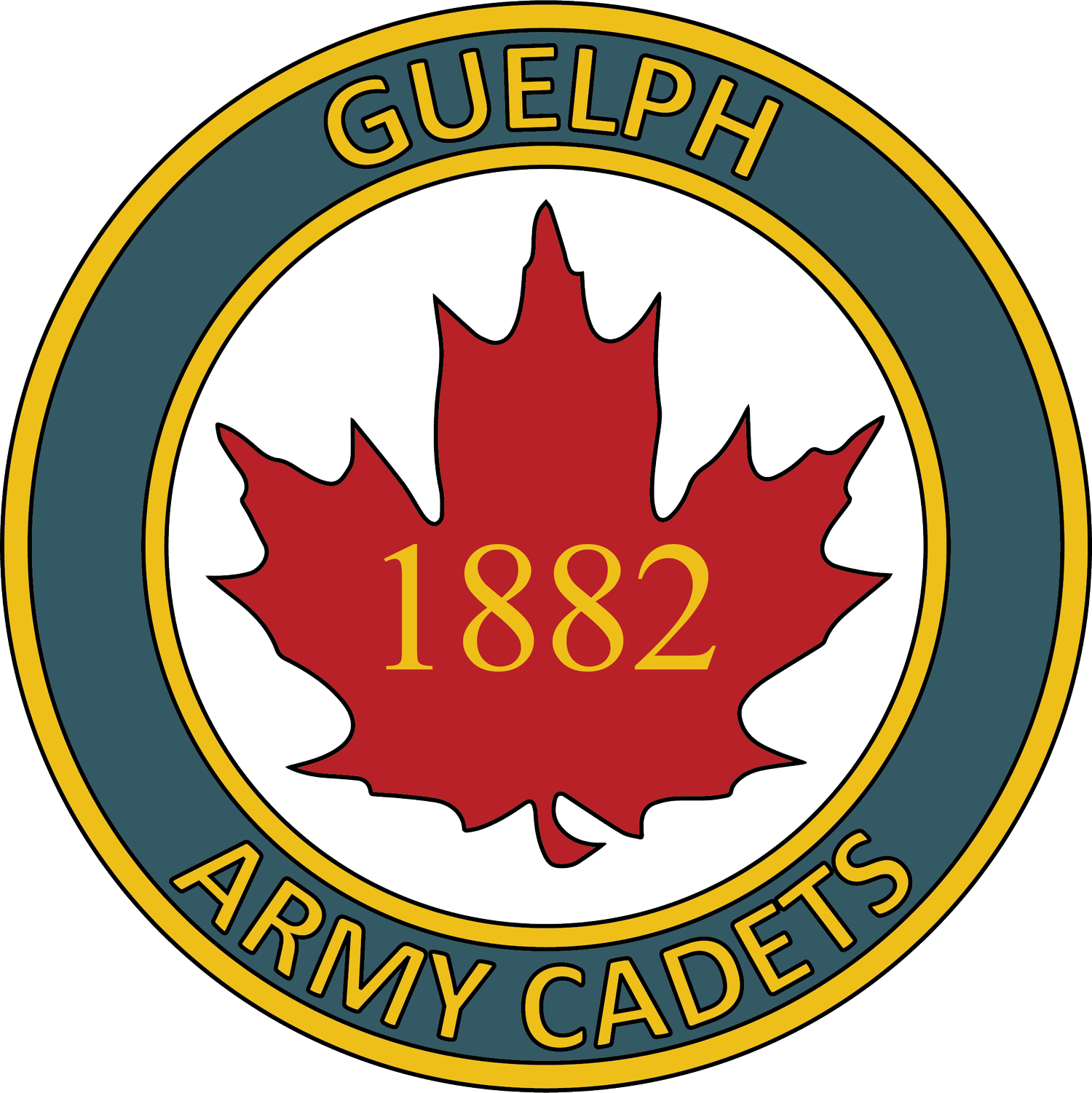
1882 FAQ
Welcome to our Frequently Asked Questions (FAQs) page, where you can quickly find answers about the Cadets program. This national youth organization instills leadership, citizenship, and physical fitness in an exciting context tied to the Canadian Forces. Our Cadets engage in dynamic weekly activities and seasonal summer camps, fostering skills such as self-confidence, communication, and discipline. The cost-free entry only requires your interest and parental consent. Plus, with potential school credits, travel opportunities, and no commitment to future military service, our program offers an enriching experience unlike any other. Dive into our FAQs below for more details.
-
Cadets form a national organization whose purpose is to develop in youth the attributes of leadership, engaged and active citizenship and physical fitness, all within an environment that stimulates an interest in the Canadian Forces.
-
Cadets offer you challenges, friendship and adventure! It's an opportunity to expand your own horizons, contribute to your community and make friends for life. Many former Cadets credit their participation in the program with giving them a head-start toward their successful careers. Did you know that astronaut Chris Hadfield, Olympic biathlon gold medallist Myriam Bédard and actor Jim Carrey were all Cadets in their teens?
-
Cadets are teenagers like you who take part in activities at a Cadet Corps within their local community. These activities are designed to help you to become more self-confident, to develop your leadership skills, to improve your physical fitness and communication skills, and to teach you self-discipline through challenging training.
-
Cadets usually meet once a week and some weekends throughout the school year.
-
Education is very important to Cadets. Cadet training is a hands-on, activity-based program that should complement your school studies. In fact, some provincial and territorial education boards accept Cadet subjects for school credits. As well, there are several scholarships available through Cadets.
-
You can join as soon as you've reached your twelfth birthday and you can remain until you turn 19.
-
All you need to join is an interest in the program and your parent's/guardian's permission. You also have to be willing to attend regular meetings.
-
There is no enrollment fee to join the cadet program. However, cadets may be asked to take part in fundraising activities that support optional programming in which his/her corps participates.
-
No. The Canadian Forces loan complete uniforms to Cadets, and Cadets are expected to take good care of their uniform.
-
The two major partners in the Army Cadet program are the Department of National Defense and the Army Cadet League of Canada (a civilian non-profit corporation). These two organizations work together to provide the facilities and material required to operate each Army Cadet Corps.
-
Some of the activities you can expect at your Cadet Corps include ceremonial drill, first aid, sports, and citizenship events that support your community. Many Corps even have a music program. Occasional weekend activities include biathlon, camping, map & compass and marksmanship. There will also be plenty of time to have fun and make new friends!
-
For those interested, Cadets have summer camps located across Canada. Cadets can go to camp for two to eight weeks on a variety of courses. Each camp offers a unique mixture of outdoor activities and valuable instruction. Attendance at Cadet Summer Camps is free. The Canadian Forces provide all transportation, meals, lodging and special equipment. Every Cadet attending summer camp receives a training allowance; Cadets in staff positions at camp receive a salary.
-
Courses offered at Army Cadet summer camps include training in leadership, instructional techniques, music, marksmanship, summer biathlon, aerospace studies, map & compass, camping and adventure activities, ceremonial drill, physical education, computer skills, and citizenship. Advanced courses include training in leadership, rock climbing, kayaking, Voyageur Canoe trips, trekking, marksmanship, music and the military Basic Parachutist Course.
-
Definitely! For summer training, Cadets travel to one of 28 Summer Camps located in different parts of Canada. In addition, selected Cadets go on exchange trips to countries such as England, Germany, Norway, Sweden, Scotland, Wales and Italy under an international exchange program. Exchange Cadets are selected on their high standards in performance, fitness and involvement in Cadet activities.
-
Cadets learn from members of the Cadet Instructors Cadre, officers who are specially trained to instruct and supervise youth. In some cases, civilian volunteers who possess special skills are called in to assist Cadet Instructors. Both the Cadet Instructors and civilian volunteers have chosen to dedicate their valuable time to helping Cadets reach their potential.
-
No. Cadets make absolutely no commitments regarding future military service, and are free to leave at any time. However, those who decide to join the Forces later on start out with the advantage of having learned valuable skills through Cadets
